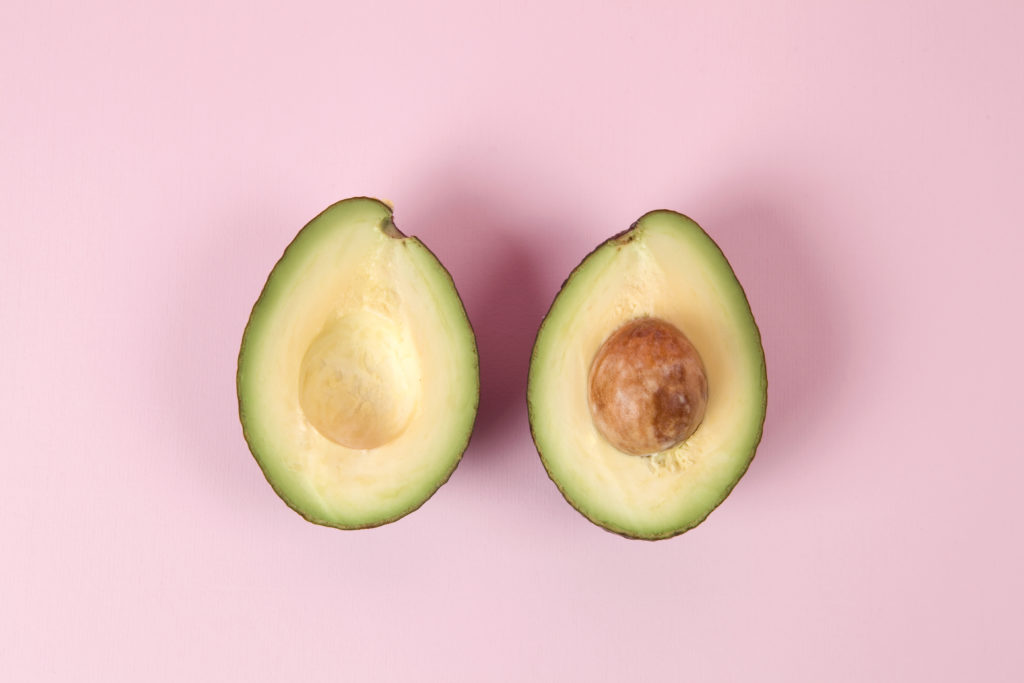A healthy period can look a little different for each woman. However, in general, a normal period should last anywhere from two to seven days. If your period extends past the week mark, or barely makes it to day two, you don’t want to ignore that. Your period says something about your overall health and wellness, and an extremely short period can be an indication of three health problems.
Before we look at the three health problems associated with extremely short periods, it’s important to remember that short periods are pretty common and expected on hormonal birth control.
Hyperthyroidism
Hyperthyroidism is a condition in which the thyroid is overactive and produces too much of the hormone, thyroxine, leading to a slew of negative symptoms, including an overactive metabolism, as well as menstrual irregularities, like a short period.
Premature ovarian failure
With this health problem, a woman’s ovaries stop functioning normally before the age of 40. According to Mayo Clinic, the ovaries “don’t produce normal amounts of the hormone estrogen or release eggs regularly.” One of the symptoms of premature ovarian failure is irregular or skipped periods.
Hypothalamic hypogonadism
That’s quite a mouthful, but with this condition, the ovaries struggle to produce enough of three sex hormones that help to regulate a woman’s cycle. This is often the result of not consuming enough calories. Female athletes or women with eating disorders can have extremely short periods due to hypothalamic hypogonadism.
If you are not currently using hormonal birth control, but are still experiencing extremely short periods, it’s a good idea to seek medical attention to see what the potential cause is.




